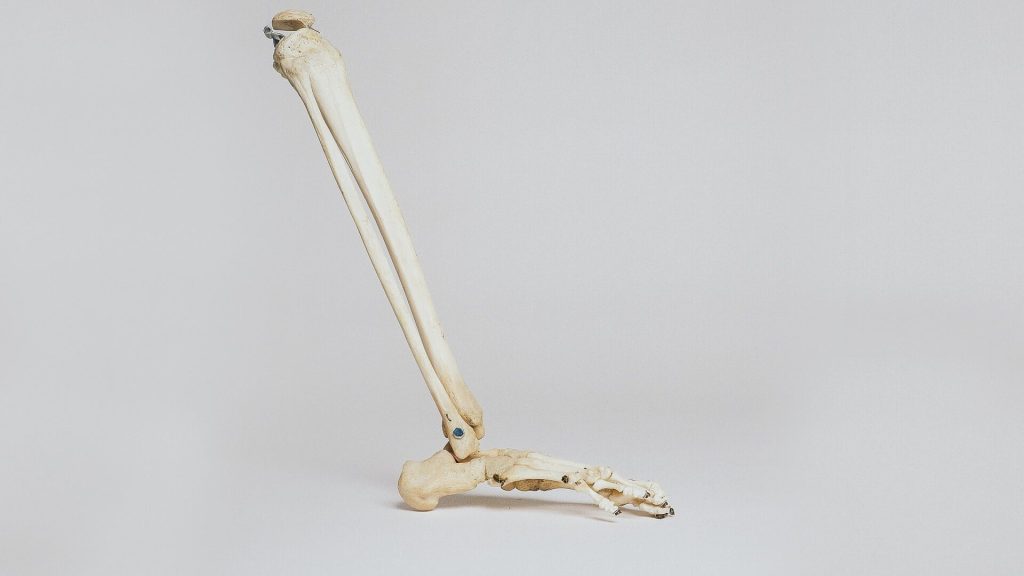
By adding conditionally essential amino acids (CEAA) to the diets of patients recovering from fracture fixation surgery, complications are reduced and skeletal muscle wasting is prevented, concludes a study published in The Journal of Bone & Joint Surgery.
The study supports the use of widely available CEAA supplements to promote recovery and preserve function in patients undergoing surgery for repair of major fractures. “Our results suggest that this inexpensive, low-risk intervention has considerable potential to improve outcomes after fracture fixation,” according to the report by Michael Willey, MD, and colleagues of University of Iowa Hospital and Clinics, Iowa City.
The study included 400 patients undergoing operative fixation of fractures in the limbs and/or pelvis at the researchers’ trauma centre. In equal numbers and stratified by fracture severity, patients were randomises to either standard postoperative nutrition or standard nutrition plus CEAA supplementation.
CEAAs are termed “conditionally essential” because the body doesn’t usually require them. However, during times of illness or stress, the need for these conditional amino acids increases dramatically. Previous studies have reported that CEAA supplementation can improve wound-healing and other outcomes in patients with a variety of conditions, including postoperative recovery. In the new trial, patients assigned to the CEAA group received a standard supplement that included arginine, leucine, and glutamine.
At follow-up, the overall complication rate was significantly lower for patients who received CEAA supplementation (30.5%) compared with those who did not receive CEAA (43.8%). The CEAA group also had a lower rate of nonunion (5.1 vs 13.2%, respectively). Some other types of complications, including surgical-site infections, were similar between groups.
Patients who undergo operative fracture fixation are at risk of skeletal muscle wasting, which often results in weight loss as a result of reduced muscle mass. In the new study, patients receiving CEAA supplements had little or no change in fat-free body mass. In contrast, patients receiving standard nutrition had a 1kg reduction in fat-free mass at 6 weeks postoperatively, which took until 12 weeks to return to normal.
An unexpected finding was a sharply reduced mortality rate in the CEAA group (0.5% compared to 4.1 % for the control). Although the authors could not explain the lower risk of death in patients receiving CEAA, they suggest it might result from “unidentified confounding factors.”
Despite advances in surgical techniques, trauma patients undergoing operative fixation of extremity and pelvic fractures remain at risk of complications and prolonged loss of function. “Malnutrition is a potentially modifiable risk factor for mortality, fracture nonunion, wound complications, and increased length of stay,” the authors wrote.
CEAA supplementation therefore appears to be a simple, risk-free, and inexpensive means of promoting good nutrition after fracture fixation surgery. Controlling for other factors, the relative risk of complications is about 40% lower in patients receiving CEAA, with no reduction in fat-free mass during the early weeks of recovery. The researchers concluded: “This study will serve as the foundation for multicentre [randomised controlled trials] that are designed to assess the impact of CEAA nutrition supplementation in reducing complications and loss of functional muscle mass in high-risk populations.”
Source: EurekAlert!

